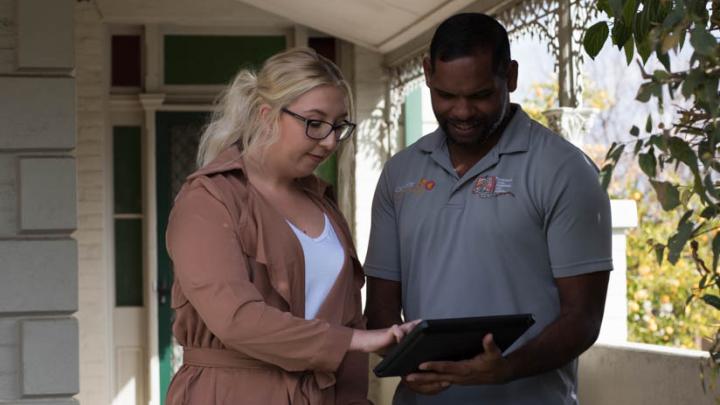
Finding useful job search information can be confusing and you’ll probably find many individuals and businesses giving advice or making recommendations on the right job or career for you. So how do you know if something is trustworthy, reliable or going to be useful for you?
Here are some tips to help you work through the online content you find.
How do I know what is useful content and what is not?
This will depend on your own goals, interests and work preferences.
Good job search or career information is usually:
- Unbiased. It doesn’t try and convince you to choose a particular pathway or get you to buy something. It should offer a variety of perspectives and opinions. It may also help you challenge your own expectations or opinions about a role or industry.
- Factual. It provides information from professionals or experts in that topic (e.g industry organisations, professional Career Advisers, government agencies). You can use the information to make a knowledgeable decision, based on your own goals, needs and interests.
It will be easier to find content that is most relevant to you by:
- understanding what information you are looking for; and
- why you need it.
For example: Are you trying to find a job and need to find out what roles suit you or how to write a job application? Or are you trying to make a decision about which training you need to do for a job you want?
Things to think about when reading job search information or career advice online
1. Who is providing the information?
- Generally speaking, government resources, professional Career Advisers, industry bodies and business associations, are a good starting point for reliable and unbiased information.
- Ask yourself whether the organisation or individual is someone you should be taking advice from and why.
TIP: it’s always good to read information from a range of sources and views to build your understanding of specific roles or industries.
2. Why are they providing this information?
- Is it for my benefit or for their own personal or commercial gain?
- For example, is the blog post sponsored by a specific business or training provider? Does the video include links to related products you are encouraged to buy (e.g books or other online content?
3. Will this information help me reach my employment or career goals?
To understand if the content will help you with your decision making, take some time to think about your work preferences and what’s most important to you in a job or career.
After accessing any online content, ask yourself:
- ‘Is this information relevant to my situation?’
- ‘Does the information help me reach my employment or career goals.’ and
- ‘Does this give me enough information to make an informed decision or do I need to find out more?’



